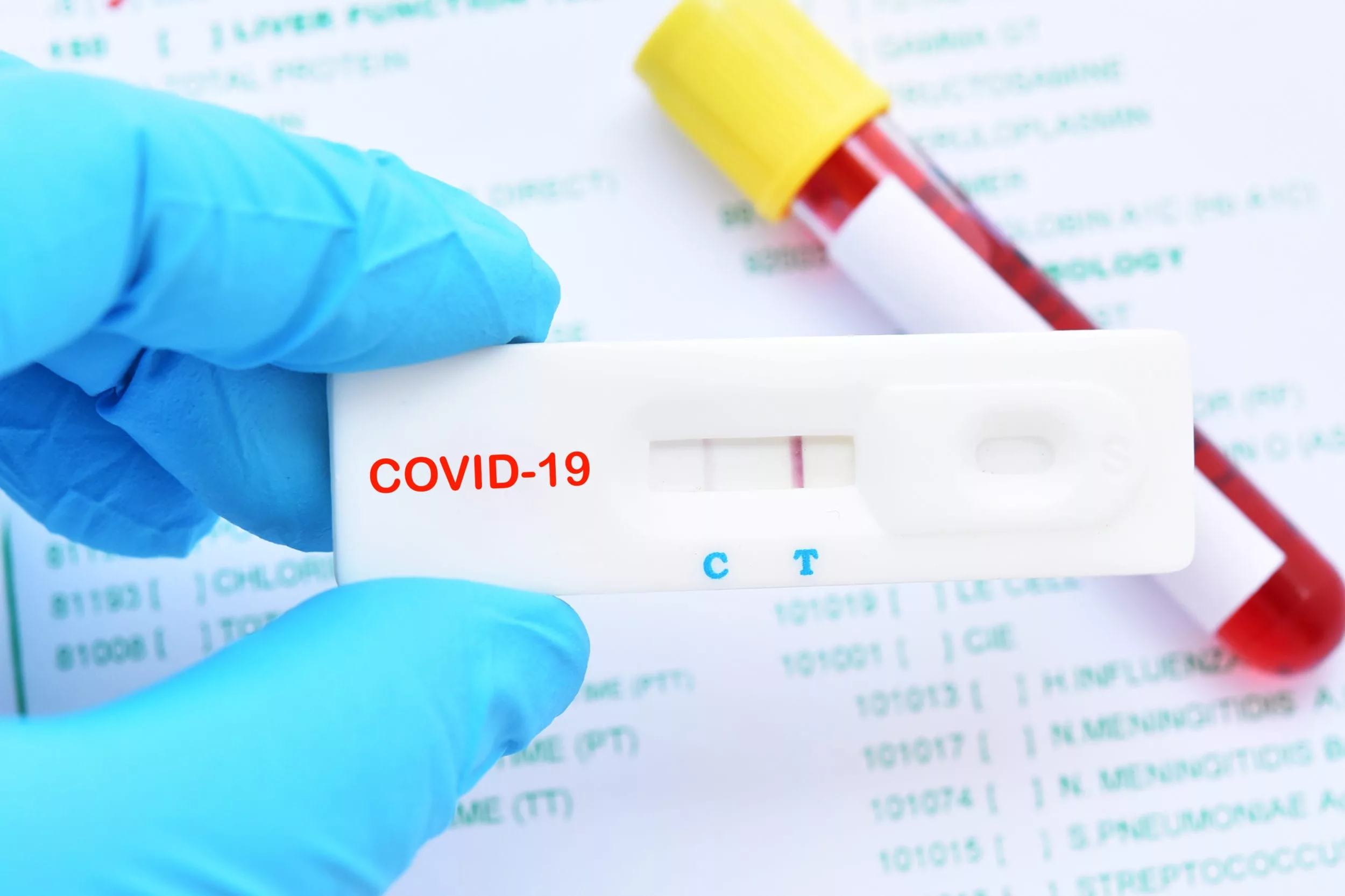How antibody testing can help us fight COVID-19 ?

15 April 2020
BLUEREG GROUP
There is a high demand around the need for antibody testing and the media frenzy surrounding the subject shows it is clear there is a poor understanding of what type of test is useful, how the test can be qualified, and more importantly reproduced at scale.
Indeed, antibodies reveal evidence of a previous infection any time from about a week after the infection occurred and deployment of antibody tests will allow to establish first of all which health-care professionals and more generally people are immunized, to get them back to work as soon as possible. However, we know from the work that BlueReg has been, and continues to be involved in, antibody testing is used in a number of settings which is why researchers are racing against time on a number of levels. As many viral proteins elicit antibody responses, the challenge is the specificity of the test to COVID-19, to avoid false positives resulting from immunity to other coronavirus, even the common cold. A key focus for Governments and Health systems around the World is to determine with enough confidence in the antibody test used whether immunity has been achieved in those who have contracted the disease, particularly for frontline health workers, to limit economic damage and pandemic. But it doesn’t stop there.
Even when a potential target test is developed there is still the qualification of such a test which takes a lot of time. This requires full characterisation of its immunological properties. Validation (according to ICH) includes “binding assays of the antibody to purified antigens and defined regions of antigens should be performed, as feasible, to determine affinity, avidity and immunoreactivity (including cross-reactivity)”. In addition, the target molecule bearing the relevant epitope should be biochemically defined and the epitope itself defined, when feasible. At the same time, the absence of cross-reactivity of the new antibody tests with other coronavirus should be demonstrated. Given that this virus was not known about four months ago this pace of research is phenomenal. Improvements in test methods in terms of accuracy and speed will come over time which may alter medical diagnosis and public health measures.
A big question mark over Covid-19 is immunity in those who have contacted the disease, the timeframe for such immunity to develop, and the potential for re-infection over time. Those organisations currently in the race to develop a vaccine have a vested interest in the long term view of this target as it is likely to support development in other targets, assist with ongoing management of this new disease. Industry and academic collaborations are a significantly positive result of this pandemic and we would see this continuing to have an impact in the future.
We are watching with interest to see what potential impact the existing analytical development will have on such testing in future. In March, FDA issued a policy (Policy for Diagnostic Tests for Coronavirus-2019) to allow developers of certain serological tests to begin to market or use their tests once they have performed the appropriate evaluation to determine that their tests are accurate and reliable. FDA, under Emergency use authorization (EUA), has already authorizes one EUA to Cellex Inc (US) for their serological test. The impact in what we see in rare disease therapies, the analytical methods associated with characterisation and diagnostics will be felt for years to come.
In the meantime we continue to work hard in product development in rare disease and unmet medical need, maintain hope and trust in the vast number of scientists and researchers working on these solutions, and hope that this crisis is resolved as quickly as possible for all those affected.
For further information on the development of antibody testing for SARS.CoV-2 we would recommend the article published in the Lancet by Anna Petherick
For details on regulatory submission and approval of products in markets global please visit our product development page or send us an email at @contact@blue-reg.com to make an appointment for a no-obligation call with one of our experts.




